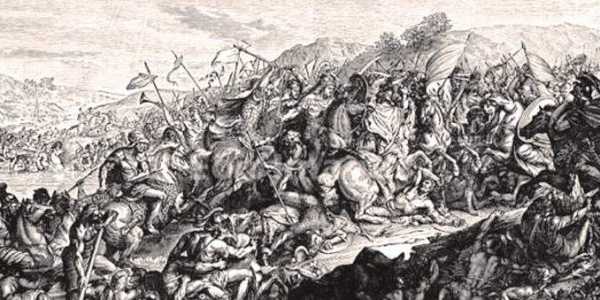
nuclear war
As humanity advances into the future, the specter of nuclear war continues to cast a dark shadow over our collective existence. Despite decades of relative peace since the end of the Cold War, the proliferation of nuclear weapons and the persistence of geopolitical tensions raise troubling questions about the possibility of nuclear conflict in the 21st century. This essay explores the ominous scenario of nuclear war in the future, examining the catastrophic consequences and existential threats it would pose to humanity.
The Perilous Landscape of Nuclear Proliferation:
The proliferation of nuclear weapons remains a pressing concern in the modern era, with multiple states possessing or pursuing nuclear capabilities. The emergence of new nuclear powers, such as North Korea, coupled with the modernization of existing arsenals by major nuclear states, underscores the fragility of the global nuclear order. The spread of nuclear technology and materials increases the risk of accidental or deliberate nuclear escalation, heightening the potential for catastrophic conflict.
Geopolitical Tensions and Strategic Rivalries:
In an increasingly multipolar world, geopolitical tensions and strategic rivalries create a volatile environment ripe for miscalculation and escalation. Territorial disputes, proxy conflicts, and regional power struggles fuel distrust and animosity among nations, raising the likelihood of nuclear brinkmanship and coercion. The breakdown of diplomatic channels and the erosion of arms control agreements further exacerbate the risk of nuclear confrontation, as evidenced by the demise of the Intermediate-Range Nuclear Forces (INF) Treaty.
The Human Cost of Nuclear War:
The prospect of nuclear war evokes chilling images of mass destruction, death, and suffering on an unimaginable scale. The detonation of nuclear weapons in urban centers would unleash hellish firestorms, blast waves, and radioactive fallout, causing catastrophic casualties and widespread devastation. The immediate effects of nuclear explosions would be followed by long-term health consequences, including radiation sickness, cancer, and genetic mutations, affecting survivors for generations to come. The humanitarian impact of nuclear war would overwhelm medical systems, infrastructure, and humanitarian aid efforts, leading to unprecedented levels of human suffering and societal collapse.
Environmental Catastrophe and Global Fallout:
Beyond the immediate human toll, nuclear war would precipitate an environmental catastrophe with far-reaching consequences for the planet. The detonation of nuclear weapons would release vast amounts of soot, dust, and debris into the atmosphere, blocking sunlight and triggering a “nuclear winter” phenomenon. The resulting drop in temperatures and disruption of global climate patterns would devastate agriculture, ecosystems, and food supplies, leading to widespread famine, mass migration, and social unrest. Moreover, the release of radioactive contaminants into the air, soil, and water would contaminate the environment for centuries, rendering vast swaths of land uninhabitable and perpetuating the cycle of suffering and despair.
The Imperative of Nuclear Disarmament and Non-Proliferation:
In the face of such existential threats, the imperative of nuclear disarmament and non-proliferation has never been more urgent. Efforts to reduce nuclear arsenals, strengthen arms control agreements, and promote dialogue and diplomacy are essential for averting the nightmare of nuclear war. The Treaty on the Prohibition of Nuclear Weapons (TPNW), adopted by the United Nations in 2017, represents a significant step towards delegitimizing nuclear weapons and advancing the goal of a nuclear-weapon-free world. However, achieving meaningful progress in nuclear disarmament requires political will, leadership, and international cooperation on a global scale.
Conclusion:
In conclusion, the specter of nuclear war in the future represents one of the gravest threats to humanity’s survival and well-being. The potential consequences of nuclear conflict are too dire to contemplate, encompassing mass destruction, environmental devastation, and untold human suffering. As stewards of our shared future, we must confront the reality of nuclear peril with courage, resolve, and a commitment to peace. By working together to prevent the proliferation of nuclear weapons, reduce existing arsenals, and resolve conflicts through diplomacy and dialogue, we can build a safer, more secure world for generations to come.
By: Robi’atul Adawiyyah
Write and Win: Participate in Creative writing Contest & International Essay Contest and win fabulous prizes.


